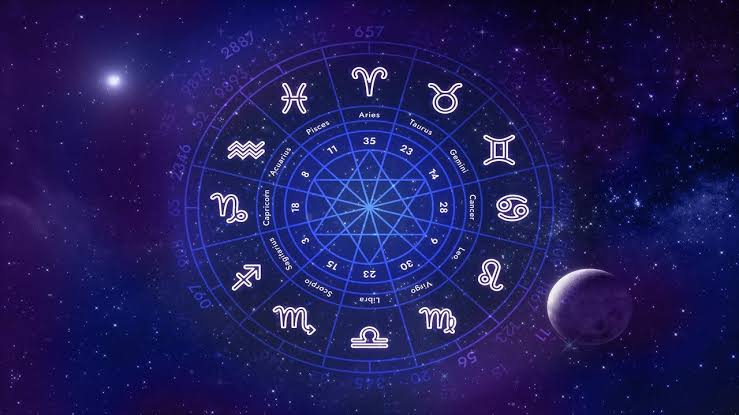Despite advances in science and technology, astrology—the belief that the positions and movements of celestial bodies can influence human behavior and destiny—continues to captivate millions across the world. Horoscopes are still shared in newspapers, downloaded through mobile apps, and even embedded into dating profiles. But what exactly is it about astrology that makes it so appealing, especially in an era defined by rational thinking and evidence-based science?
The Comfort of Meaning in Chaos
One of the most compelling reasons people turn to astrology is the human desire for meaning—especially in uncertain times. Life is unpredictable, filled with personal and global upheaval, and astrology offers a framework to make sense of it all. By attributing life events to cosmic alignments rather than random chance, people gain a sense of control or at least understanding.
During stressful periods—like political turmoil, pandemics, or personal crises—interest in astrology tends to spike. It becomes a coping mechanism, offering explanations when nothing else seems to make sense. “Mercury is in retrograde” becomes more than a meme—it’s a way to frame miscommunication, delays, and technical glitches in a language that feels both ancient and oddly modern.

Identity and Self-Discovery
Astrology provides a language for self-reflection and identity. Whether it’s a sun sign, moon sign, or rising sign, people often find uncanny accuracy in the way astrology describes personality traits, behaviors, or emotional patterns. For many, reading their birth chart feels like being seen in a deep and personal way.
This is especially attractive in a time when traditional systems of identity—like religion, family structure, and even nationality—are being questioned or redefined. Astrology offers a non-dogmatic system that people can explore at their own pace, mixing curiosity with comfort.
Community and Connection
Astrology also serves a powerful social function. Conversations about signs—“What’s your sign?”—have become a cultural shorthand, particularly among younger generations. In friendships, dating, or even workplace banter, astrology can be a fun way to bond, decode behavior, or joke about differences.
For marginalized groups, astrology has often provided a space free from judgment or exclusion. Within queer, feminist, and non-Western circles, astrology has been embraced as a tool of empowerment, offering new ways to define the self outside of rigid social norms.
The Illusion of Accuracy
Another reason astrology feels so persuasive is because of a psychological effect known as the Barnum Effect—the tendency for people to believe vague, general statements about themselves are highly accurate. Horoscope descriptions are often written broadly enough to apply to almost anyone, yet specific enough to feel personal.
Moreover, people tend to remember the predictions that come true and forget the ones that don’t, reinforcing their belief in astrology over time.
Tradition Meets the Digital Age
Astrology’s appeal has also been amplified by technology. In the digital age, horoscopes and birth chart readings are just a click away. Social media platforms like Instagram and TikTok have turned astrology into a visually engaging and easily shareable experience. Personalized apps like Co-Star and The Pattern use astrology and data algorithms to deliver daily insights in a sleek, modern package—blurring the lines between ancient mysticism and modern psychology.
So, why do people believe in astrology? The answer lies not just in the stars, but in ourselves. Astrology survives—and even thrives—not because it predicts the future with scientific precision, but because it speaks to deep human needs: the desire for understanding, the search for identity, the comfort of connection, and the longing for narrative coherence in a chaotic world.
Whether one sees it as a spiritual guide, a playful personality quiz, or a cultural phenomenon, astrology’s enduring power lies in its ability to tell us stories about ourselves—stories that feel true, even when they aren’t provable.

